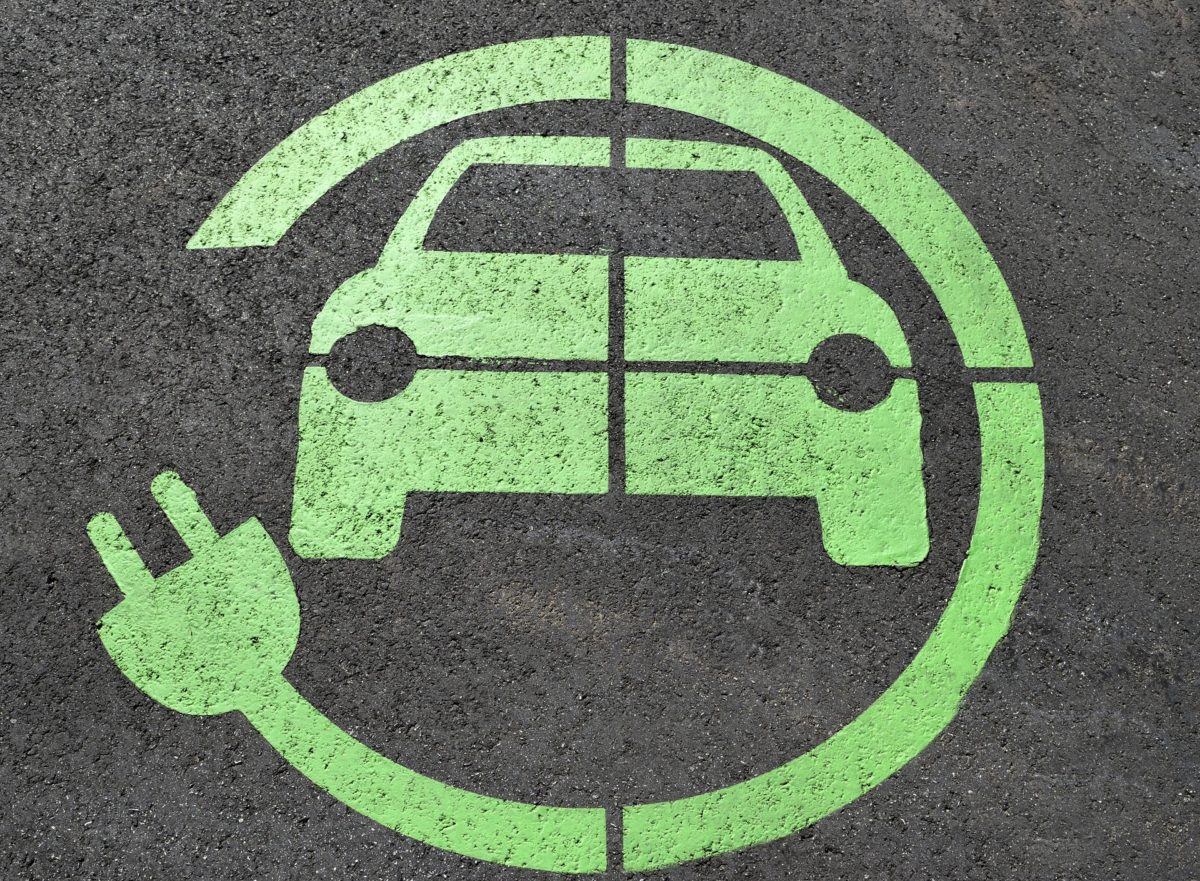The government of Bangladesh has moved to legalize around 100,000 electric three-wheel vehicles currently operating on its rural roads.
With such vehicles already often run with some solar power input – according to the head of the country’s solar association – it is believed registering them will raise demand for renewable energy.
The three-wheelers, imported from India and China, operate with only local authority approvals but the Bangladesh Road Transport Authority (BRTA) plans to bring them under its oversight along with the other 3.4 million vehicles it has on its books.
With the penetration of electric vehicles on the rise worldwide – helped by ever cheaper battery solutions and clean air legislation – Bangladesh has already taken its first steps into encouraging EV adoption.
The government has established eight solar charging stations across the country, each of which can generate 30 kW of electricity and charge 20 vehicles at a time, according to Sustainable & Renewable Energy Development Authority (SREDA) member Siddique Zobair.
It is estimated the nation’s electric vehicles – many of them unregistered rural three-wheelers – already consume 250-300 MW daily.
Although the country is making its entry into the EV marketplace, local company Advanced Engineering Ltd offers a service converting traditional vehicles to run on electric, and its racing team – Tanguar Racing – has built a solar racing car powered by rooftop panels which competes in events on the global EV motorsports stage.
This content is protected by copyright and may not be reused. If you want to cooperate with us and would like to reuse some of our content, please contact: editors@pv-magazine.com.



By submitting this form you agree to pv magazine using your data for the purposes of publishing your comment.
Your personal data will only be disclosed or otherwise transmitted to third parties for the purposes of spam filtering or if this is necessary for technical maintenance of the website. Any other transfer to third parties will not take place unless this is justified on the basis of applicable data protection regulations or if pv magazine is legally obliged to do so.
You may revoke this consent at any time with effect for the future, in which case your personal data will be deleted immediately. Otherwise, your data will be deleted if pv magazine has processed your request or the purpose of data storage is fulfilled.
Further information on data privacy can be found in our Data Protection Policy.